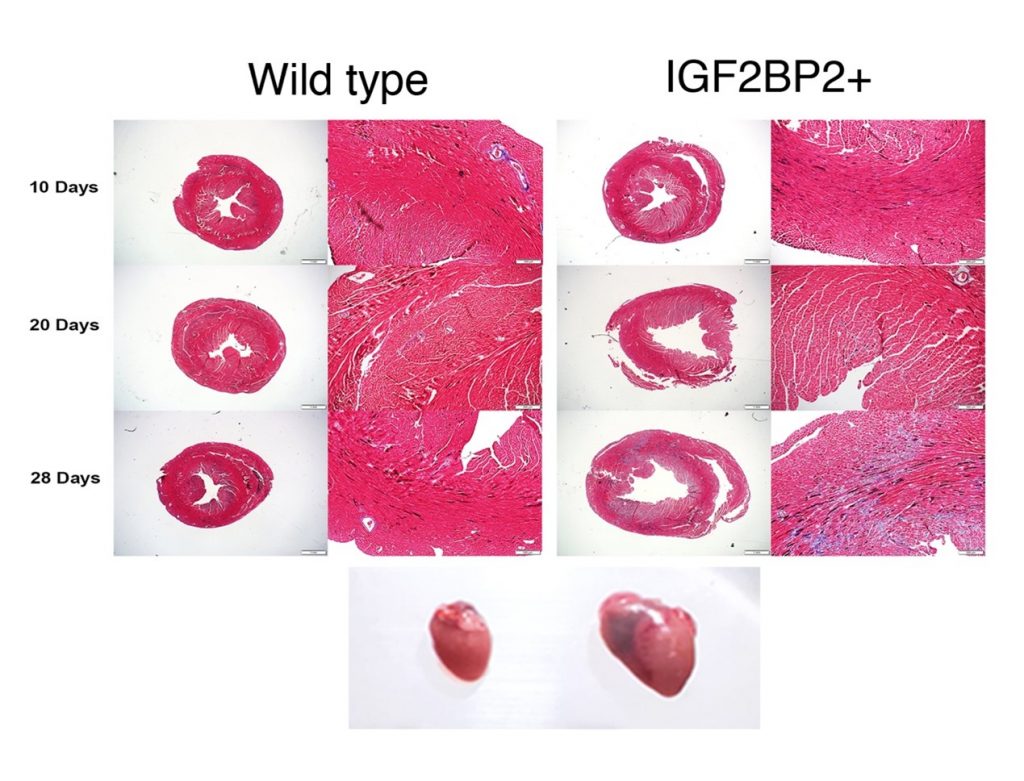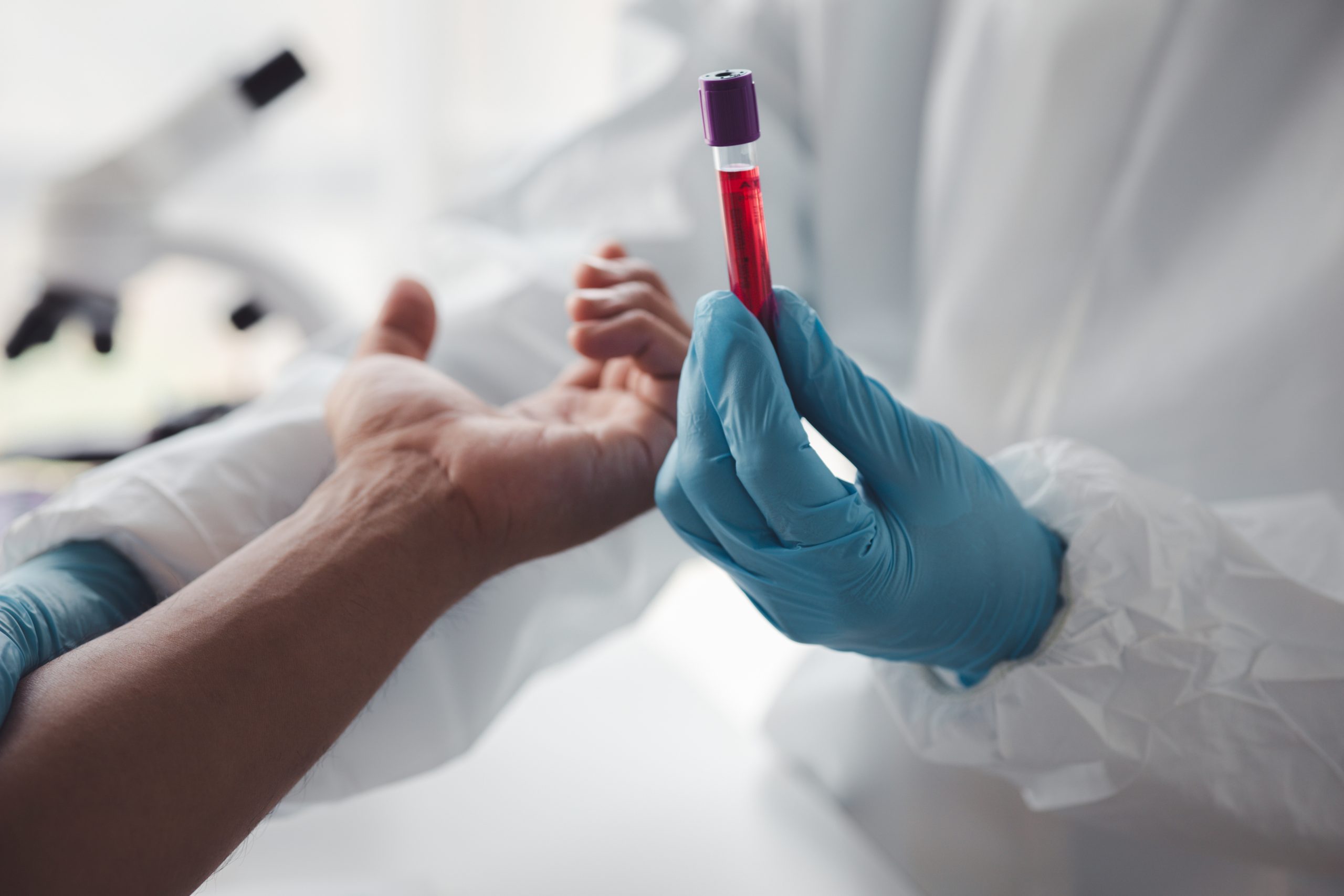
January 23, 2024 – A new study has unveiled a discovery about the role of RNA-binding protein IGF2BP2 in stress-induced heart conditions.
The IGF2BP family of RNA binding proteins, known for their regulatory influence on intracellular RNA dynamics, has long intrigued researchers. IGF2BP2 sustains expression in numerous tissues, particularly in the heart throughout adulthood, while IGF2BP1 and IGF2BP3 have been associated with oncofetal properties (proteins that are typically present only during fetal development but are found in adults with certain kinds of cancer).
This study focuses on IGF2BP2’s response in the muscle cells of the heart during periods of cardiac stress. Researchers found that IGF2BP2 expression increased during stress. Then, it returned to normal levels during cardiac recovery. This pattern prompted an investigation into whether IGF2BP2 helps manage cardiac stress.
In their research, the team observed an unexpected outcome: they found that elevated IGF2BP2 expression leads to dilated cardiomyopathy (DCM) of the heart and subsequent death within 3–4 weeks in both newborns and adult biological models. However, if the transgene expression was downregulated within two weeks, a rescue effect followed, ultimately showing that there is potential to reverse DCM. In addition, the team identified heightened levels of IGF2BP2 in patients diagnosed with DCM or myocardial infarction.

Further analysis of hearts exhibiting heightened IGF2BP2 levels revealed notable characteristics such as fragmented mitochondria and elongated, thinner sarcomeres, shedding light on the underlying mechanisms contributing to DCM.
The prevalence of DCM is a matter of debate but has been estimated to be as high as 1 in 250 adults. Prof. Joel Yisraeli from the Institute for Medical Research Israel–Canada at the Hebrew University of Jerusalem and the principal investigator on the project remarked, “These findings unlock a previously undiscovered role for IGF2BP2 in stress-induced cardiomyopathy, paving the way for innovative therapeutic strategies in managing heart conditions.”
The team’s findings offer new avenues for research and potential treatment breakthroughs, heralding hope for individuals affected by heart-related ailments.
The results were recently published in Communications Biology as part of a collaborative effort between the Yisraeli lab at the Hebrew University and Prof. Sonja Kessler of the Martin-Luther University Halle-Wittenburg.
Researchers:
Miriam Krumbein1, Froma Oberman1, Yuval Cinnamon2, Mordechai Golomb3, Dalit May4, Gilad Vainer5, Vitali Belzer5, Karen Meir5, Irina Fridman1, Johannes Haybaeck6,7, Gerhard Poelzl8, Izhak Kehat9, Ronen Beeri10, Sonja M. Kessler11 & Joel K. Yisraeli1
Institutions:
1) Department of Developmental Biology and Cancer Research, Institute for Medical Research Israel–Canada, Faculty of Medicine, Hebrew University of Jerusalem
2) Institute of Animal Science, Agricultural Research Organization, The Volcani Institute, Rishon Lezion
3) The Heart Institute, Hadassah Medical Center
4) Faculty of Medicine, The Hebrew University of Jerusalem, Shaare Zedek Medical Center
5) Department of Pathology, Hadassah Medical Center, Jerusalem, Israel
6) Institut für Pathologie, Neuropathologie und Molekularpathologie, Medical University Innsbruck, Innsbruck, Austria
7) Diagnostic and Research Center for Molecular Biomedicine, Institute of Pathology, Medical University of Graz, Austria
8) Department of Cardiology and Angiology, Medical University Innsbruck, Innsbruck, Austria
9) Department of Physiology and Biophysics, The Ruth and Bruce Rappaport Faculty of Medicine, Technion Israel Institute of Technology
10) Department of Cardiology, Hadassah Medical Center, Jerusalem
11) Experimental Pharmacology for Natural Sciences, Institute of Pharmacy, Martin Luther University Halle-Wittenberg, Halle, Germany




